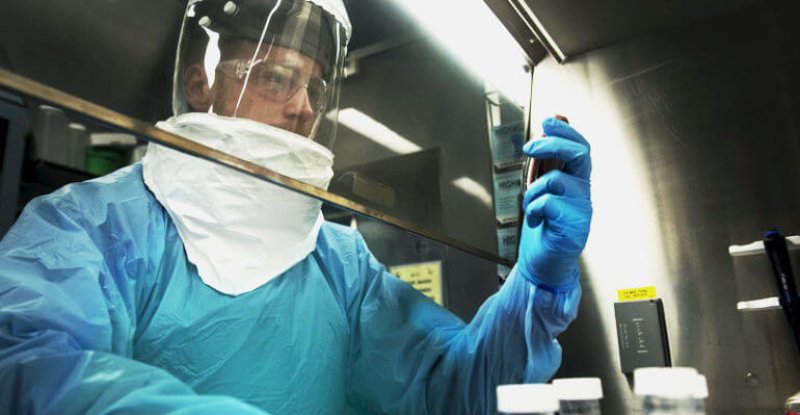Early tests of radically redesigned antibiotics suggest the drugs could bolster defenses against biowarfare and bioterrorism.
[R]esearchers used two inhibitors … to stop the proliferation of Franscisella tularensis, [a] bacteria that the US Centers for Disease Control classifies as a tier 1 select agent because the strain is highly infective and easily spread….Franscisella tularensis can cause fatalities in up to 60 percent of the cases if left untreated…. It was also stockpiled as a biowarfare agent during the Cold War.
“In today’s world of terrorism, it is essential that we are well-prepared to defend ourselves and our military personnel against biowarfare agents,” says [Girish] Kirimanjeswara [assistant professor of veterinary and biomedical sciences at Penn State]. “In that regard, finding new targets and antibiotics against these agents is critical and our research shows that these compounds may be very.”
…
“If we don’t develop new drugs and the resistant genes are going to continue to spread, more and more diseases will become untreatable,” [said Kenneth Keiler, professor of biochemistry and molecular biology at Penn State.]
He suggests that because the researchers are using a new compound and targeting a new pathway, Franscisella tularensis — and possibly other pathogens — may struggle to adapt resistance to the treatment.
[Read the full study here]
The GLP aggregated and excerpted this blog/article to reflect the diversity of news, opinion, and analysis. Read full, original post: Can these next-gen antibiotics defend against bioterrorism?































